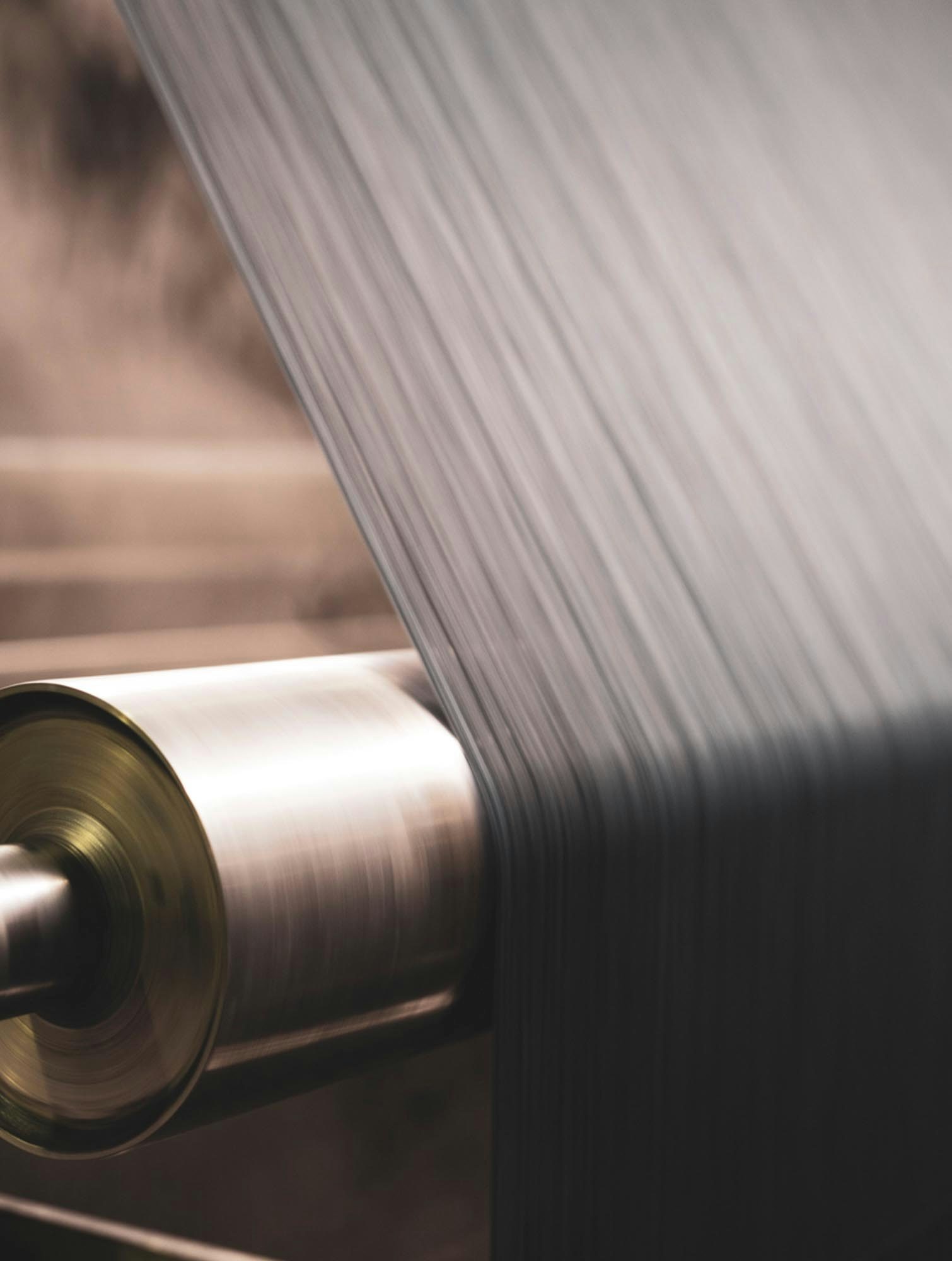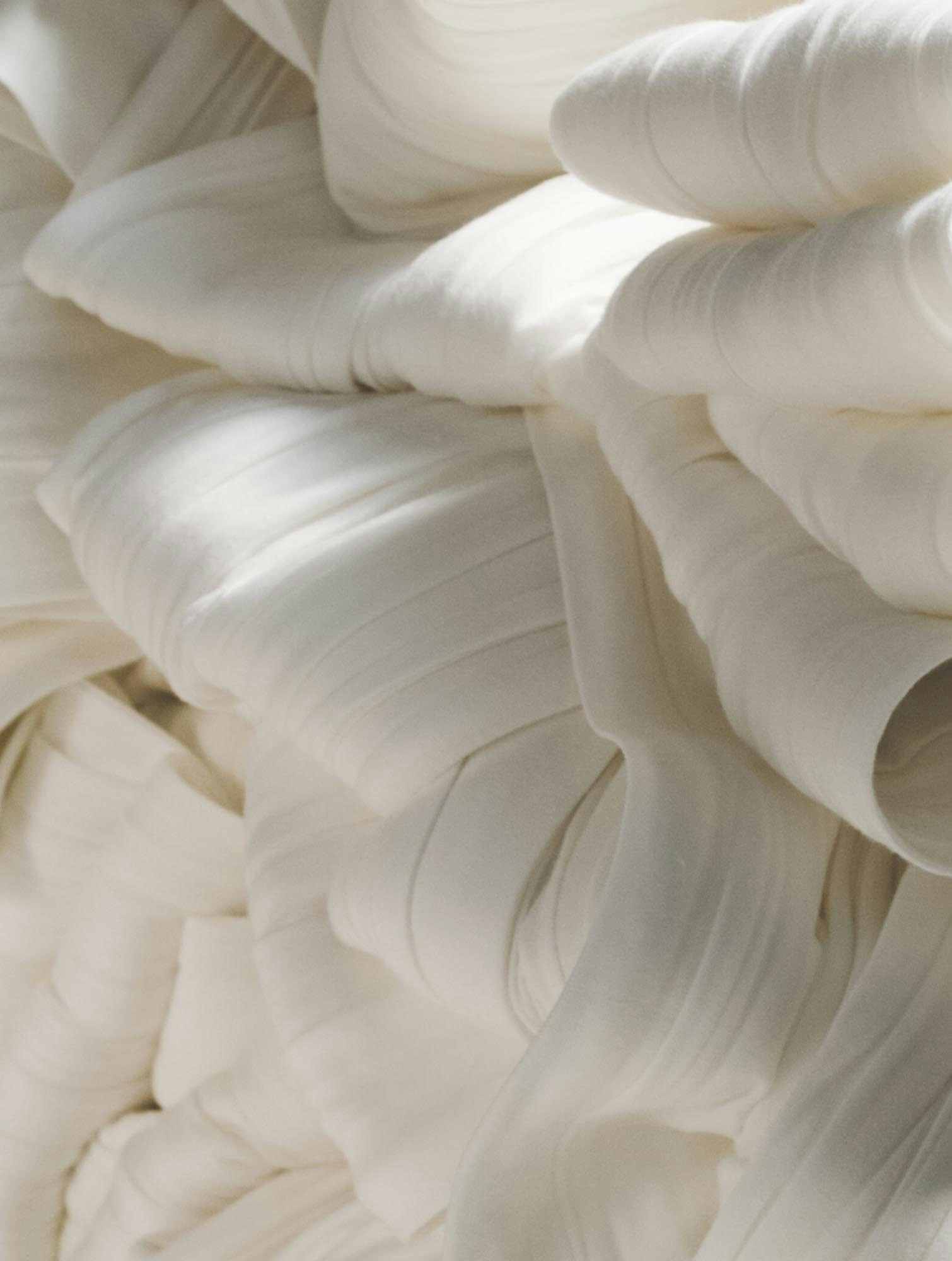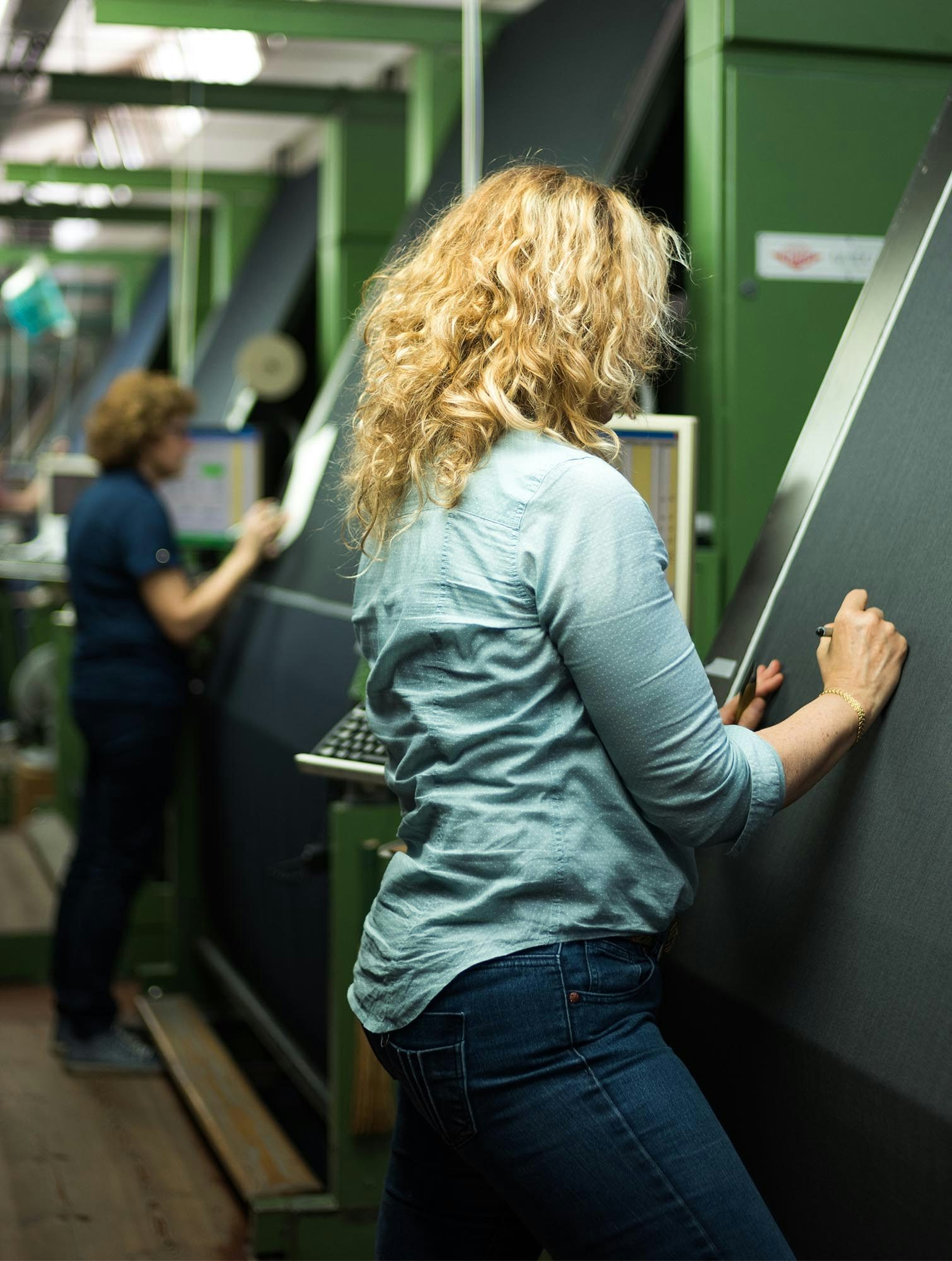OUR PARTNER REDA
The history of Reda
The history of the Reda wool spinning mill in Valle Mosso (Italian region of Piedmont) and the entrepreneur who gave it its name, Carlo Reda, goes back as far as 1865. In 1919, the descendants of the prominent textile family acquired the spinning mill and were instrumental in transforming Reda into an international institution in the textile industry - far beyond Italy. The centuries-old “Made in Italy” tradition has been passed down from generation to generation. Today, Ercole Botto Poala runs the company with the support of his cousins, preserving the traditions and history of the spinning mill for exceptional Merino fabrics. Reda embraces an innovative approach to the future while preserving the company’s past.
The history of Reda
The history of the Reda wool spinning mill in Valle Mosso (Italian region of Piedmont) and the entrepreneur who gave it its name, Carlo Reda, goes back as far as 1865. In 1919, the descendants of the prominent textile family acquired the spinning mill and were instrumental in transforming Reda into an international institution in the textile industry - far beyond Italy. The centuries-old “Made in Italy” tradition has been passed down from generation to generation. Today, Ercole Botto Poala runs the company with the support of his cousins, preserving the traditions and history of the spinning mill for exceptional Merino fabrics. Reda embraces an innovative approach to the future while preserving the company’s past.
By viewing the video, you agree to a data transmission to Vimeo.The data processing by Vimeo is governed by their privacy policy.More Information
By viewing the video, you agree to a data transmission to Vimeo.The data processing by Vimeo is governed by their privacy policy.More Information
Reda’s sustainability strategy
As one of the leading companies in the textile industry, Reda takes on the responsibility of promoting environmental protection through sustainable innovation and social development, to ensure a secure future for generations to come. Reda is committed to sustainability, creates sustainable fabrics and follows a transparent and eco-friendly production process. In this context, sustainability means foreseeing current and future risks and paying the utmost attention to the protection of people and the environment, as well as supply chain traceability. Reda has been consistently pursuing its sustainability strategy for around 16 years and was awarded their first certification (EMAS). Numerous other certifications followed for the reduction of environmental impacts to the important B-Corp award, which Reda received for its social and environmental engagement.
Reda’s sustainability strategy
As one of the leading companies in the textile industry, Reda takes on the responsibility of promoting environmental protection through sustainable innovation and social development, to ensure a secure future for generations to come. Reda is committed to sustainability, creates sustainable fabrics and follows a transparent and eco-friendly production process. In this context, sustainability means foreseeing current and future risks and paying the utmost attention to the protection of people and the environment, as well as supply chain traceability. Reda has been consistently pursuing its sustainability strategy for around 16 years and was awarded their first certification (EMAS). Numerous other certifications followed for the reduction of environmental impacts to the important B-Corp award, which Reda received for its social and environmental engagement.
Use of renewable energies
In order to continue to achieve future ecological and social goals, Reda focuses on the long-term use of renewable energy. The use of photovoltaic systems saves carbon dioxide emissions of about 190 tonnes per year. The company also continues to focus on improving its energy efficiency. With measurable results: a reduction of company gas consumption of 7.2% and a reduction in CO2 emissions by around 300 tonnes per year. Remarkable!
CQ and SustainaWool
In 2009, Reda signed a contract with the New Zealand Merino Association to purchase “ethical wool” coming exclusively from CQ-certified farms. Exactly what does that mean? CQ certification is the first global certification that combines the natural properties of wool with a process that ensures environmental, social and economic sustainability, animal welfare (mulesing-free wool) and traceability of its entire supply chain. In 2015, Reda founded the so-called “SustainaWOOL Integrity Scheme”. Its goal is to promote wool production in Australia through sustainable management, respect animal protection and make the entire wool production process traceable. For about four years now, this concept has been continued by the independent organisation Australian Wool Exchange (AWEX) in order to further develop the sustainable process.
CQ and SustainaWool
In 2009, Reda signed a contract with the New Zealand Merino Association to purchase “ethical wool” coming exclusively from CQ-certified farms. Exactly what does that mean? CQ certification is the first global certification that combines the natural properties of wool with a process that ensures environmental, social and economic sustainability, animal welfare (mulesing-free wool) and traceability of its entire supply chain. In 2015, Reda founded the so-called “SustainaWOOL Integrity Scheme”. Its goal is to promote wool production in Australia through sustainable management, respect animal protection and make the entire wool production process traceable. For about four years now, this concept has been continued by the independent organisation Australian Wool Exchange (AWEX) in order to further develop the sustainable process.








